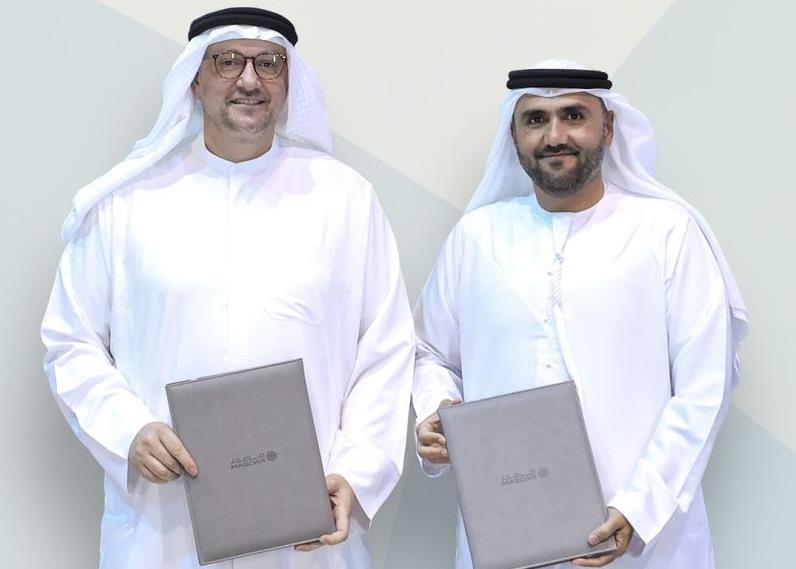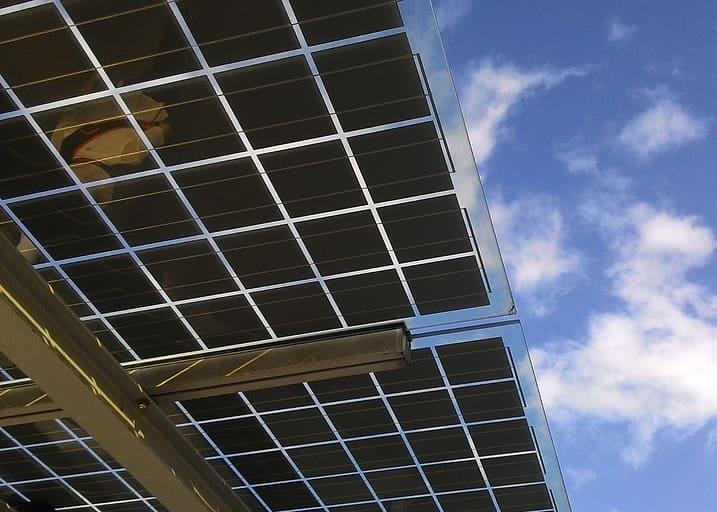
Oil major to implement shale gas production plans seven years ahead of schedule
Saudi Aramco is planning to fast-track the development of its shale gas resources seven years ahead of its previously stated schedule.
Seismic surveys are currently being carried out in the northern desert area close to borders of Iraq and Jordan. Aramco has also instructed US oilfield services companies Halliburton and Schlumberger to start carrying out feasibility studies for potential production.
“Aramco knows that it needs to increase the amount of gas it produces and shale gas is an option it has to do this,” says an oil and gas source based in the kingdom. “They have really started to move on this now and 2013 should see them accelerate operations even more.”
The source adds that Aramco is considering tendering a long-term development contract in 2013 to the major oilfield services companies for carrying out all underground activities that will include fracturing (fracking) the rock as well as drilling the wells.
“This contract will attract all of the US oilfield services companies because they have a lot of experience with shale gas,” says the source. “You will see Halliburton, Schlumberger and Baker Hughes all looking to secure any deal that becomes available.”
Aramco has previously stated that it intended to develop its gas shale reserves by 2020 and had started a feasibility study to do this. However, with delays to some conventional gas sources such as the Wasit Gas Development it has been forced to start developing non-conventional sources early.
According to Baker Hughes Saudi Arabia has the world’s fifth largest shale gas deposits of about 645 trillion cubic feet. According to Saudi Aramco’s last annual report the kingdom’s conventional gas resources stand at 282.6 trillion cubic feet.
Although the figures offer a compelling case for major production, unlike conventional gas, shale gas is expensive to extract due to a number of factors.
Shale gas is the same as conventional natural gas in composition except it is trapped between impermeable rock formations, usually deep underground. To free the resource, it is necessary to create permeability in the surrounding rocks to release the gas.
Creating permeability in rock to release gas thousands of metres under the surface is complex and expensive. This is achieved by a process known as ‘fracking’, which involves drilling long horizontal sections and creating artificial permeability by fracturing as many as 400 wells.
Shale gas extraction also requires a lot of water and a water source in northern Saudi Arabia that cannot be used for drinking or agricultural purposes will be a challenge to secure.
“[Shale gas] is more promising than the recent gas exploration at the Empty Quarter, but make no mistake about it, this will be very expensive,” says a technical adviser to the hydrocarbons industry based in Saudi Arabia. “Due to the remoteness of the deposits you would be looking at $8-$9 per million British thermal unit (btu).”
The technical adviser also states that once you have started production the wells deplete very quickly and have to be replaced every two years. This adds expense to the overall cost of producing the gas.
Riyadh currently offers one of the largest subsidies for domestic uses of gas in the world and sells it at $0.75 per million btu for industrial purposes. Selling shale-gas at this figure would not be sustainable as a long-term domestic energy strategy, but the Saudi Arabia-based technical adviser believes that this is not Aramco’s aim.
“The economics of shale gas do not make any sense if you examine the cost of production next to the cost of recovering conventional gas,” says the technical adviser. “However, if you plan to use the gas to replace burning valuable crude oil in power generation then the numbers do start to add up. Releasing as much crude oil as possible for export is the aim of this.”
Saudi Aramco was not available for comment when contacted by MEED.
You might also like...

Neom seeks to raise funds in $1.3bn sukuk sale
19 April 2024

Saudi firm advances Neutral Zone real estate plans
19 April 2024

Algeria signs oil deal with Swedish company
19 April 2024

Masdar and Etihad plan pumped hydro project
19 April 2024
A MEED Subscription...
Subscribe or upgrade your current MEED.com package to support your strategic planning with the MENA region’s best source of business information. Proceed to our online shop below to find out more about the features in each package.




